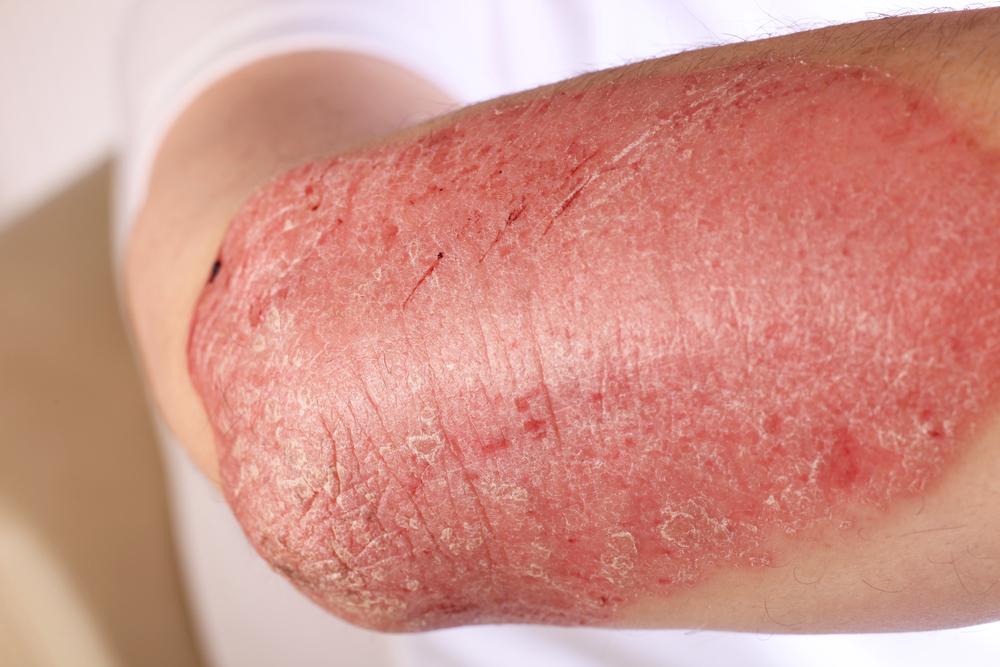Important Insights About Eczema You Should Know
Discover essential facts about eczema, including its types, symptoms, potential complications, and diagnosis methods. Visual references play a crucial role in recognizing different eczema forms. Understanding this chronic skin condition helps individuals manage symptoms effectively and seek appropriate treatment. This comprehensive overview aims to inform both patients and curious readers about eczema's nature and care practices for better health awareness.

Important Insights About Eczema You Should Know
Eczema refers to a range of skin conditions characterized by rashes that vary in severity. Visual references, such as images, are essential for accurate diagnosis and differentiation of eczema types. Healthcare providers often rely on these images along with scans to determine the specific form and develop a treatment plan. Since eczema is a chronic condition requiring ongoing management, understanding its characteristics is valuable for patients and interested individuals alike.
What Types of Eczema Exist?
Visual references help distinguish between various eczema forms, including:
Atopic Dermatitis
This hereditary condition is among the most prevalent eczema types. It usually begins early in life, particularly in people predisposed to allergies, manifesting on cheeks, knees, neck, and ankles.
Allergic Contact Dermatitis
Repeated exposure to an allergen triggers an immune response, leading to dermatitis upon subsequent encounters.
Seborrheic Dermatitis
Seen across all ages, this condition affects areas such as the scalp, face, ears, and upper chest in adults. Its severity can often be assessed through eczema images.
Fungal Infections
Certain skin fungi can cause rashes similar to eczema. Microscopic examination or observing fungal growth can confirm this diagnosis.
What Are the Common Signs of Eczema?
Symptoms may differ based on age, but generally include:
Skin Rashes
Rashes are primary signs, with their location and appearance varying with the eczema type. Comparing with images can help identify the specific form.
Itching
Itching is prevalent in many eczema variants, especially irritant and stasis dermatitis.
Potential Complications of Eczema
Respiratory Allergies
Children with eczema may develop asthma or hay fever by adolescence.
Skin Infections
Scratching can create skin openings prone to bacterial or viral infections, including herpes simplex.
Sleep Disruptions
Persistent rashes and itching can impair quality of sleep and cause significant discomfort.
How Is Eczema Diagnosed?
While there’s no specific lab test, diagnosis often involves:
Visual Assessment
Comparing rash appearance with eczema images assists in diagnosis.
Medical History
Providing details about symptoms andFamily history aids in identifying hereditary forms like atopic dermatitis.
Note:
The information presented on this site spans multiple categories, aiming to offer readers insightful and practical knowledge. Users should consider this information as a guide rather than definitive medical advice. The editorial team is not responsible for discrepancies or inaccuracies, and certain offers or schemes may not be included. For personalized diagnosis and treatment, consult healthcare professionals.










